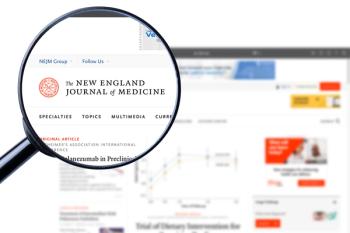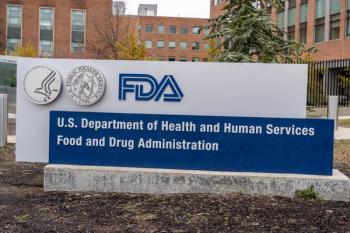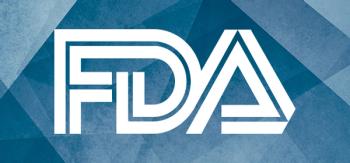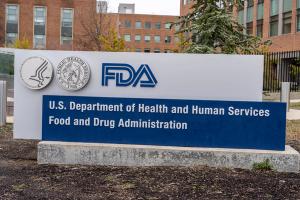
The new year can present challenges to health-system pharmacy.

The new year can present challenges to health-system pharmacy.

The rationale for vaccine-related policy changes is lacking.






Complex projects require the engagement of multiple stakeholders.

Working closely with the rest of the pharmacy team to achieve these learning objectives is also an opportunity for the importance of humility in leadership development.

This issue of Pharmacy Practice in Focus: Health Systems provides an overview of the considerations for the implementation of CRISPR and Cas9 cell-based gene therapies in sickle cell disease.

These employees build operational workflows, predictive analytical tools, implement and refine clinical decision support technologies, increase efficiency, and more.


This comprehensive approach is what all stakeholders, especially patients and families, need and deserve from their health care system.

Enhanced utilization of biosimilar products can have significant impact on reducing the overall cost of health care and potentially reducing out-of-pocket costs for patients.

We all have an interest in reducing harm and deaths from opiates and other controlled substances, but we should have evidence-based and patient-centered approaches that do not have unintended consequences on patient health and safety.

Health-system pharmacies should fight the well-orchestrated attempt to dismantle 340B drug pricing.

Broad and successful implementation of technologies in complex health systems presents challenges, but is essential.

Embracing these new standards is the right thing to do for patient safety.

Double-digit inflation, low reimbursement rates, and staffing shortages present obstacles.

Predictably, patients in underserved rural, urban communities will face challenges gaining access to approved study sites.

Surprising turn of events is a strong message to the pharmaceutical industry about the acceptable developmental pathway for this drug class.

But pharmacists can implement medication use systems and collaborate with other health care professionals.

Staffing shortage hits technician ranks hardest, putting additional pressure on pharmacists.

Agency's interpretation may significantly affect how health systems and hospitals provide pharmaceuticals to patients.

The FDA's green light for the Alzheimer medication is worrisome, as clinical trials proved inconclusive.

Although the pharmaceutical and biopharma industries must maintain reasonable profitability, they have a moral duty to society.

High demands on the health care system from COVID-19 may mean a permanent shift in the landscape.

The pharmacy community has stepped up mightily to ensure this massive health care effort is successful.

Health systems get just 36 days to make major administrative, information system, and operational changes amid the pandemic’s peak.

Yet those directly involved in caring for the underserved and uninsured see its value firsthand.

Published: March 11th 2025 | Updated:

Published: January 16th 2024 | Updated:

Published: May 4th 2022 | Updated:

Published: May 3rd 2021 | Updated:

Published: September 2nd 2022 | Updated:

Published: November 2nd 2022 | Updated: